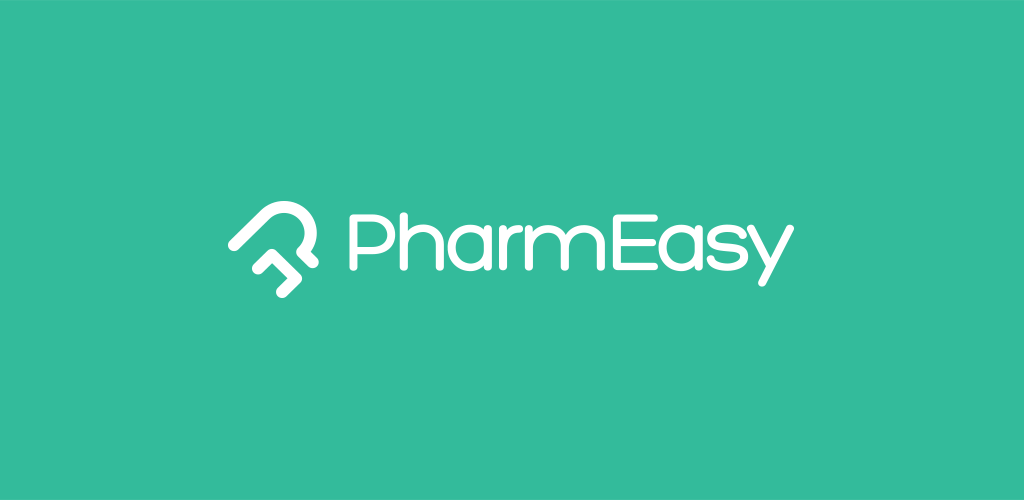PharmEasy’s Right Issue to Raise INR 2,400 Crore at a 90% Discount

PharmEasy’s Right Issue to Raise INR 2,400 Crore at a 90% Discount
PharmEasy’s decision to raise funds through a rights issue comes as part of its strategy to address financial obligations and strengthen its position in the online pharmacy market. By raising approximately Rs 2,400 crore, the company aims to repay the loan from Goldman Sachs, a significant step towards reducing its debt burden.
The rights issue, offered at a substantial discount to the stock price, allows existing shareholders like TPG and Temasek to demonstrate their confidence in the company’s growth prospects and participate in its fundraising efforts.

Additionally, the potential inclusion of Ranjan Pai, chairman of the Manipal group, on PharmEasy’s board further enhances the company’s leadership and expertise in the healthcare sector. With TPG and Temasek’s involvement in Manipal Hospitals, their support in leading the rights issue showcases a strong synergy between healthcare-related entities.
PharmEasy’s focus on financial restructuring and strategic partnerships highlights its commitment to navigating the competitive landscape and consolidating its position as a leading player in the online pharmacy industry.
PharmEasy’s rights issue will involve the issuance of new stock by its parent company, API Holdings, at a significantly lower price of Rs 5 per share. This discounted price in the rights issue indicates a substantial reduction from the previous fundraising round, where the company had secured funds at Rs 50 per share. The decision to offer shares at a lower price is aimed at providing existing shareholders the opportunity to purchase additional shares at an attractive rate and potentially increase their ownership stake in the company.

The rights issue is being conducted as a means to raise capital and facilitate the repayment of loans, with the specific purpose of addressing the debt owed to Goldman Sachs. The success of the rights issue will not only provide API Holdings with the necessary funds to meet its financial obligations but also allow shareholders to acquire shares at a favorable price, potentially enhancing the overall value of their investment.
According to estimations by ETtech, the rights issue of PharmEasy is expected to take place at a valuation of approximately $500-600 million. Considering the exchange rate between the dollar and rupee, this valuation suggests a decrease from the previous valuation of around $4.6 billion for PharmEasy. The breach of a loan term set by Goldman Sachs was reported earlier by ET, highlighting that PharmEasy failed to close a funding round of Rs 1,000 crore, which led to the need for the rights issue to repay the loan.

The decision to conduct the rights issue and raise funds through this mechanism demonstrates the company’s effort to address its financial obligations and meet the terms set by Goldman Sachs. By taking this step, PharmEasy aims to resolve its breach of the loan term and ensure the repayment of the loan through the capital raised via the rights issue.
According to a source familiar with the developments, following the covenant breach, the board and shareholders of PharmEasy expressed the desire to repay the loan to Goldman Sachs. Additionally, the share price of the company had been readjusted due to its availability in the grey market for a significantly lower price of Rs 20. In this context, the company had two options: a distress sale or a rights issue. Opting for a rights issue allows current investors to increase their stake and potentially reduce their cost of purchase.
PharmEasy’s share price had experienced a rally in the grey market, reaching Rs 130 at one point, before facing negative sentiment towards new-age startup stocks and overall market volatility. ETtech has been reporting that the share price in the grey market had slipped to around Rs 20, indicating a readjustment in the valuation of the company.
The decision to withdraw its IPO plans last year and pursue a rights issue instead demonstrates PharmEasy’s adaptability in response to market conditions and the need to address its financial situation effectively.

If the rights issue proceeds at the proposed pricing, it would be one of the first significant down rounds for a large internet firm in terms of new financing in the Indian market. A down round occurs when a privately-held company raises funds at a lower valuation than its previous funding round. While crossover funds and public market investors have been devaluing their shareholdings in Indian tech startups, a down round through a fresh fundraise, which is common in the US and European markets, has yet to occur in the domestic ecosystem.
To address the substantial decrease in value, the investors and board have tentatively agreed to issue new employee stock options to the founders and employees, according to the sources mentioned above.



